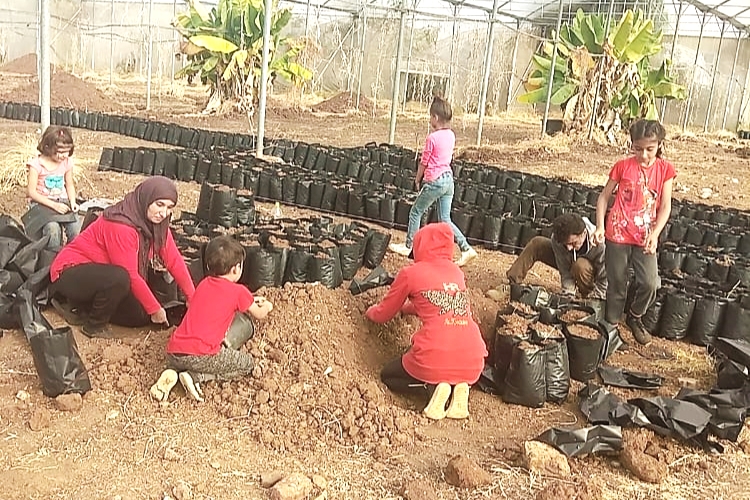
by Katharine Lake Berz | 1 Feb 2022 | Conflict, Educators' Catalog, Human Rights, Immigration, Middle East, Refugees, University of Toronto Journalism Fellows
Lebanon is suffering one of the worst crises the world has seen in 150 years. The children in one Syrian refugee family have little choice but to work. The Hemo family working in a greenhouse where they earn $10 a day for their labour, November 2021 (All photos by...
More than half a million refugees have fled Ukraine since war broke out one week ago, with more still fleeing the fighting. Throughout history, displacement has gone hand-in-hand with conflict. Decades of violence in Afghanistan displaced more than 2.6 million refugees, with thousands more fleeing last autumn after the U.S. troop withdrawal. (Some, like correspondent Zamir Saar, sought refuge in Ukraine.) According to the UNHCR, since 2011, the crisis in Syria has forced 6.8 million people to leave their country, with another 6.7 million internally displaced.
Now, an estimated 1.5 million Syrian refugees are living in Lebanon, including Sanam Hemo, her husband, and their seven children. While Lebanon provides safety, the country is experiencing a dire economic crisis, leaving no choice but for all family members — even their four-year-old — to work. Katherine Lake Berz, a journalism fellow at the University of Toronto, gives an up-close account of the reality of refugee life for Sanam’s family and how organizations like UNICEF Canada are seeking solutions to child labor.
Exercise: Ask students to put themselves in Sanam and Othman’s shoes. What would they do differently? What would they do the same?

by David Schlesinger | 20 Dec 2021 | China, Culture, Economy, Educators' Catalog, Politics, World
Social media memes are at the forefront of the latest form of passive resistance against China’s grinding work culture. “Lying flat” meme. I’m supposed to write a piece for News Decoder, but if I were a hip young Chinese, maybe I’d just “lie flat”...
So much reporting about China by Western journalists focuses on the Communist Party, human rights and economic growth, that it is refreshing to read an account by an “old China hand” that explores a quiet rebellion by Chinese youth expressed in purposefully ambiguous social media memes. Lying flat, touching a fish, being Buddha-like and saying “Whatever” sound innocuous enough, but they belie deep disenchantment among many young Chinese over “the relentlessness that has driven the economy to growth rates far faster than any developed country in the West,” as David Schlesinger puts it. Schlesinger’s account is all the more relevant as many young people outside China, fed up with COVID-19, are deserting the workaday world for a time out.
Exercise: Ask students to list their main grievances and what they can do about them.
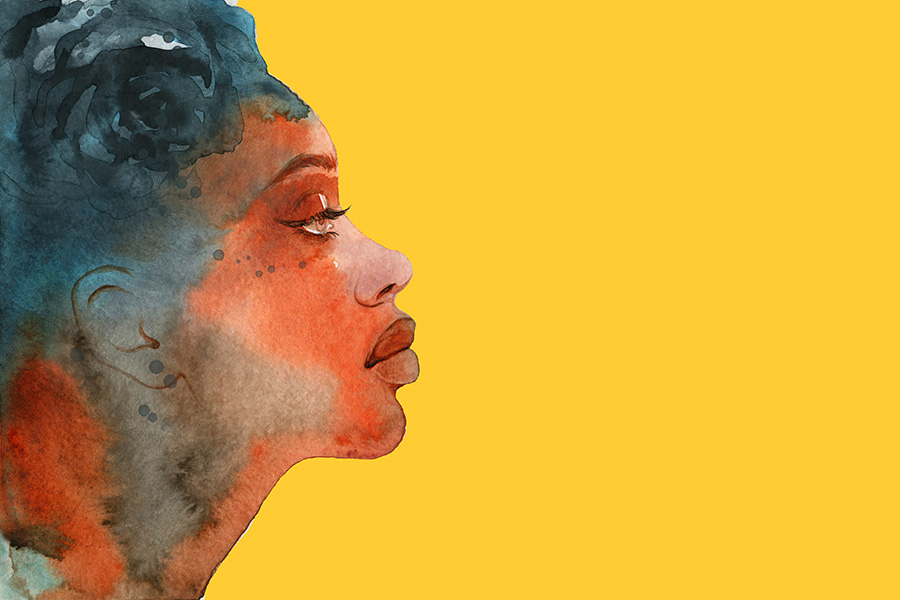
by Elizabeth Tina Fornah | 8 Dec 2021 | Africa, African Leadership Academy, Contest winners, Discovery, Educators' Catalog, Identity, Personal Reflections, Student Posts, Youth Voices
My father was the light in my life — until he left. A setback, for sure, but my mother and I persevered. Now I know courage bows to no obstacle. (Shutterstock/Anna Ismagilova) This story was co-winner of the first prize in News Decoder’s 10th Storytelling...
Elizabeth Tina Fornah of the African Leadership Academy relates the pain that so many young people experience when separated from a parent, but her story rises above self-pity as the narrator discovers courage in her refusal to bow to inevitable obstacles. “This is a painful, yet relatable reflection on the challenges of pursuing survival and the determination to succeed,” News Decoder Trustee Faith Abiodun said. “This writer has such a way with words that a difficult topic becomes almost enjoyable. Brilliant and gripping at the same time.” Throughout the highly personal account, Tina Fornah leverages the image of light to lend continuity as the narrator grows in strength and understanding.
Exercise: Ask students to describe their relationship with their parents and whether the expression “there is light at the end of the tunnel” captures their feelings as they contemplate eventually leaving home.
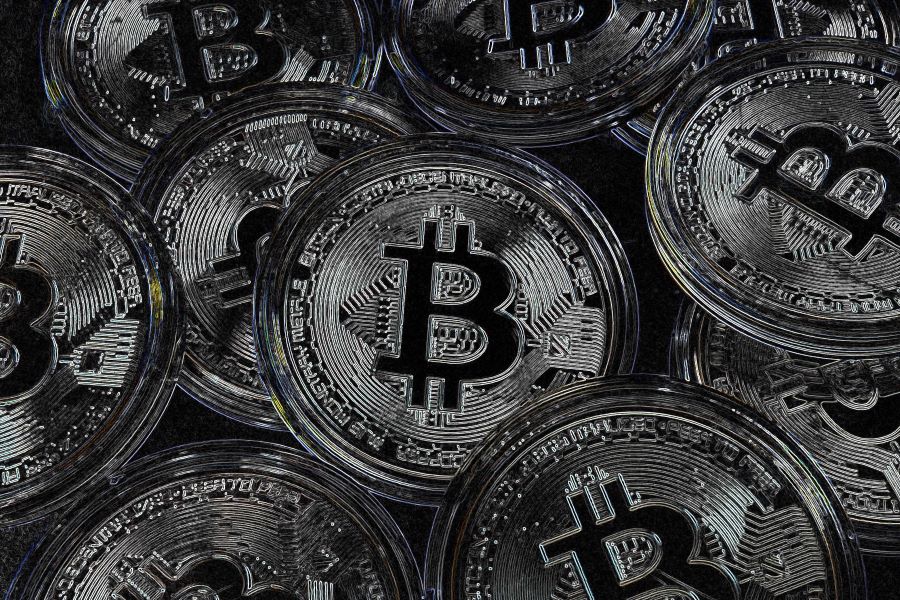
by Stuart Grudgings | 7 Dec 2021 | Decoders, Economy, Educators' Catalog, Environment, Technology
They can fluctuate wildly in value. They can be hard to spend. They devour energy. But crypto currencies are here to stay and will surely bring changes. Photo by STRF/STAR MAX/IPx 2021 1/21/21, courtesy of AP Photos In the past few weeks, an iconic Los Angeles sports...
News Decoder is committed to explaining, in simple terms, complicated stories that appear over and over on front pages and in news broadcasts. For lack of time, money and space, most mainstream news organizations don’t take the trouble to explain the background to complicated issues and assume readers and viewers understand why the story matters. How many of us say to ourselves when running across a story on crypto currencies: “I need to educate myself about these things because they are not going away.” In his decoder, Stuart Grudgings explains how crypto currencies emerged, how they work and why they are with us to stay.
Exercise: Ask students to debate whether crypto currencies will eventually replace traditional money.
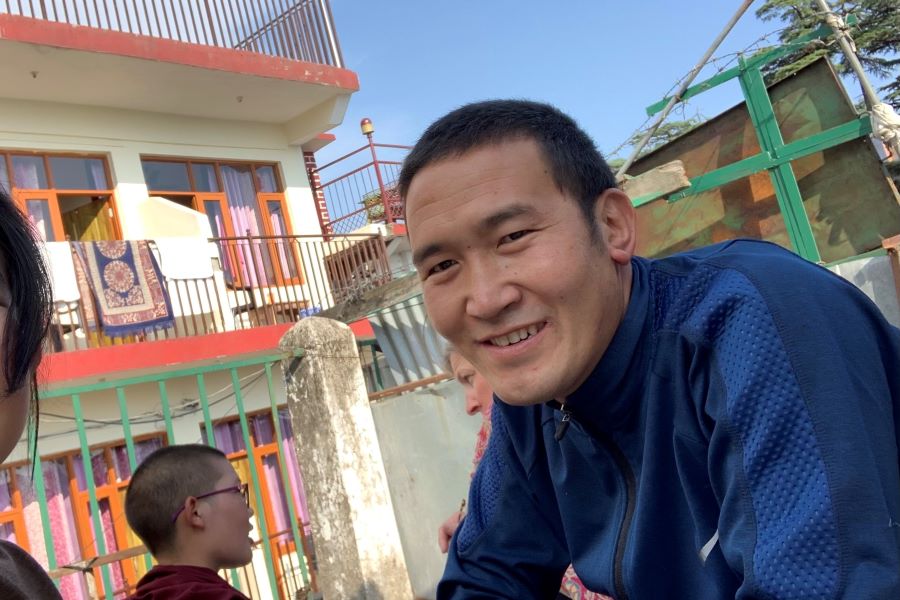
by Li Keira Yin | 6 Dec 2021 | China, Contest winners, Culture, Educators' Catalog, Human Rights, Identity, Politics, Student Posts, Thacher School, Youth Voices
Tibet’s many languages are under threat from Beijing’s policies and economic realities, putting cultural traditions and memories at risk. Tsupkhu Lama in Dharamsala, Himachal Pradesh, India in June 2019. (Photo by Li Keira Yin) This story won honorable...
Li Keira Yin of The Thacher School examines the difficulties that minority languages face surviving in Tibet without falling into the trap of concluding that it’s all the fault of the Communist Party leadership in Beijing when economic pressures in a globalized economy are part of the explanation. For her nuanced view, Yin draws from her unique perspective as someone raised in China who is studying in the United States. Her account of the complexities of language in Tibet started when Yin listened to her Chinese grandmother speak a dialect at home while speaking in Mandarin when picking up the phone. “I started wondering why dialects and minority languages have to be overpowered by Mandarin in China, and so I dug deeper,” Yin said. A lesson for other students struggling to understand how their lives fit into the bigger scheme of things.
Exercise: Ask students to discuss when it’s important for authorities to protect minority languages.
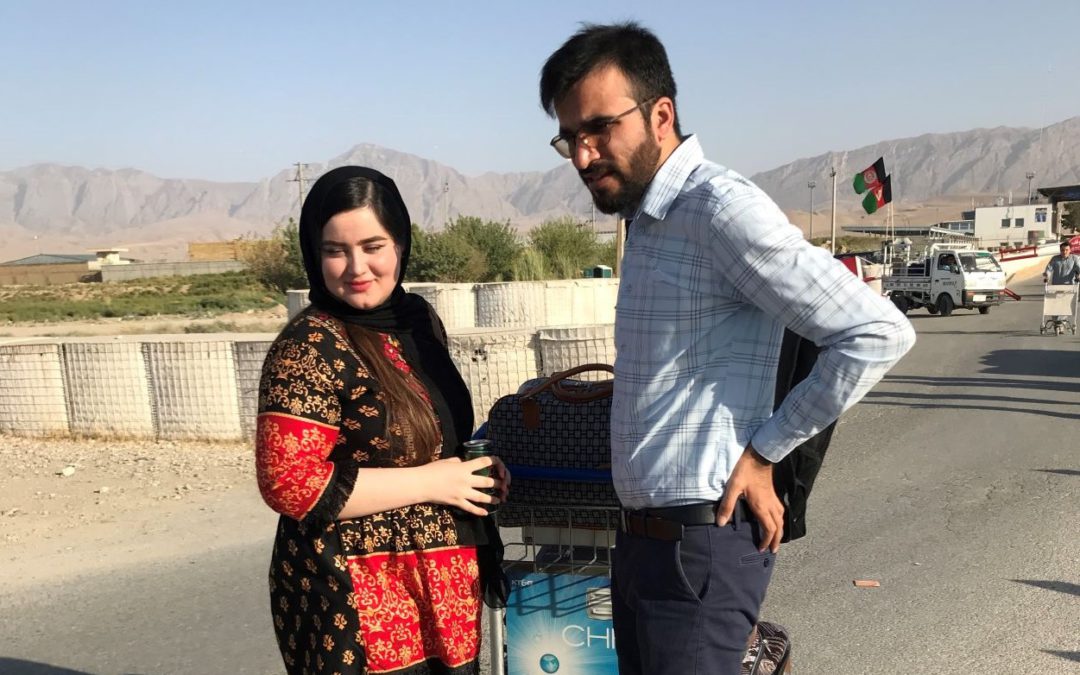
by Zamir Saar | 16 Nov 2021 | Asia, Conflict, Educators' Catalog, Eyewitness, Human Rights, Identity, Immigration, Islam, Personal Reflections, Refugees, University of Toronto Journalism Fellows
My pregnant wife and I were lucky to escape Afghanistan after it fell to the Taliban. We have swapped danger for refuge and bewilderment in Ukraine. The author and his wife bid farewell to their families at the entrance to Mazar-e-Sharif airport in Balkh province,...
Journalist Zamir Saar delivers a first-hand account of his and his wife Kamila’s experience escaping Afghanistan after the country fell to the Taliban in August. Grateful for refuge in Kyiv, Ukraine, far from the violence and downward economic spiral that face their native land, Zamir and Kamila — five months pregnant at the time they fled — now find themselves unsettled by makeshift living arrangements and uncertainty about their future. As Zamir notes, the hardest part has been leaving the familiar spaces in their home towns and finding nothing so far to replace them in their new environment. But there’s also recognition that there’s only so much a receiving country like Ukraine can do.
Exercise: Ask students to think about what makes them feel most at home and how they might recreate those things in an unfamiliar environment.
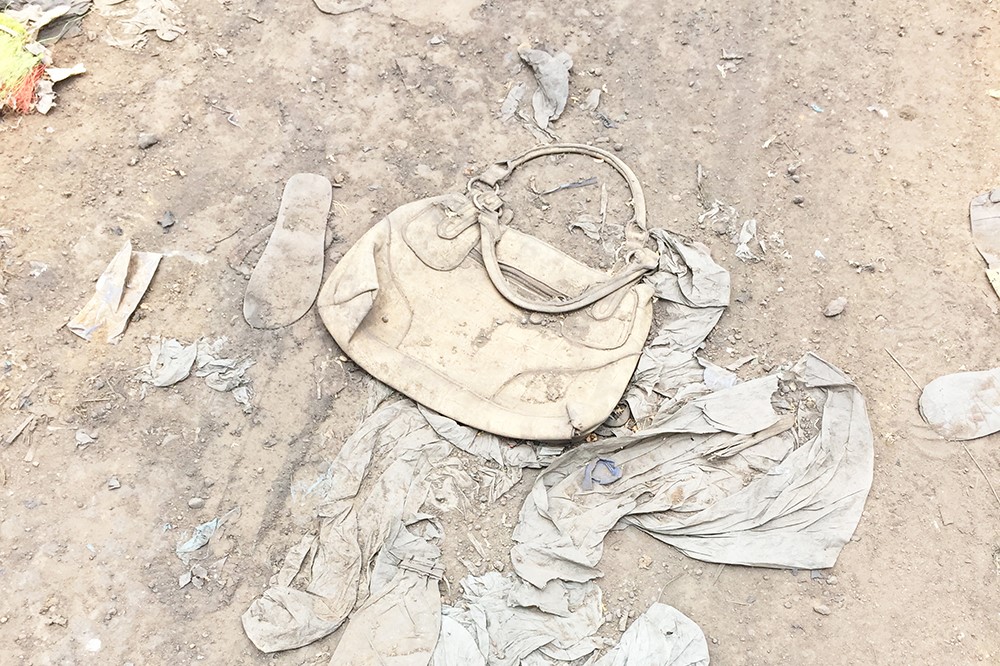
by Tara Heidger | 10 Nov 2021 | Climate change, Economy, Educators' Catalog, Environment, World
Clothing, especially from fast fashion, is a major contributor to global warming and pollution. Mountains of discarded garments end up in West Africa. (Photo courtesy of Dead White Man’s Clothes, a multimedia research project exploring the secondhand clothing trade in...
Recycling is not always the environmentally friendly thing to do. In 2012, 84% of recycled clothing ended up in landfills, often traveling thousands of miles to get there. Correspondent Tara Heidger shines a light on the relentless overproduction and overconsumption of cheap clothing and the disproportionate impact on countries like Ghana in the Global South, where the majority of discarded fashions end up. Beyond government policies and programs, individual consumption patterns must change.
Exercise: Ask students to consider how their own consumption might contribute to global warming, then use the four ‘R’s’ — repair, resale, reuse and rental — to create a schoolwide awareness campaign to help divert unwanted fashions from the wastestream.

by Ange Theonastine Ashimwe | 3 Nov 2021 | Africa, Culture, Educators' Catalog, Identity, Kepler, Personal Reflections, Student Posts, Youth Voices
We are made of molecules, stardust and comets — small matter. I am 21, and I just want to love and be loved — because love is all there is. (Photo collage courtesy of Ange Theonastine Ashimwe) 1. I guess, now, I am twenty-one, and I still wonder what it means to be...
In many parts of the world, turning 21 years old is a milestone that signals a transition into adulthood. For Ange Theonastine Ashimwe, a student at Kepler in Rwanda, 21 is a “green-light number.” In her prose poem, she uses memory and metaphor to reflect on her lived experiences, contemplate our smallness in the universe and consider how much more there still is to learn.
Exercise: Ask students to reflect on a birthday that felt significant. What was happening in their lives? Why did it feel like a milestone? Then make a creative piece that explores those feelings.

by Sue Landau | 1 Nov 2021 | Climate change, Educators' Catalog, Environment, Politics, World
Nations have not lived up to commitments made in Paris six years ago. But there has been progress in combating climate change. Let’s not lose hope. A protester participates in a demonstration calling for urgent measures to combat climate change, Brussels,...
While the UN’s Climate Change Conference COP26 left some constituents hoping for more action, correspondent Sue Landau offers a perspective on how far we’ve come in the fight against climate change. There have been major industrial developments since the Paris climate talks in 2015 that started to put real, clean alternatives to fossil fuels within our grasp. But they were not without their naysayers, who tend to forget that we are at the beginning of the story, not the end. Solar power is in its infancy but has the potential to be harnessed much more. Green hydrogen as a fuel and industrial feedstock is still mostly in the development stage. Carmakers are betting heavily on the future of electric vehicles. Change takes time.
Exercise: Ask students to compare and contrast alternative energy sources, noting costs and benefits for each.
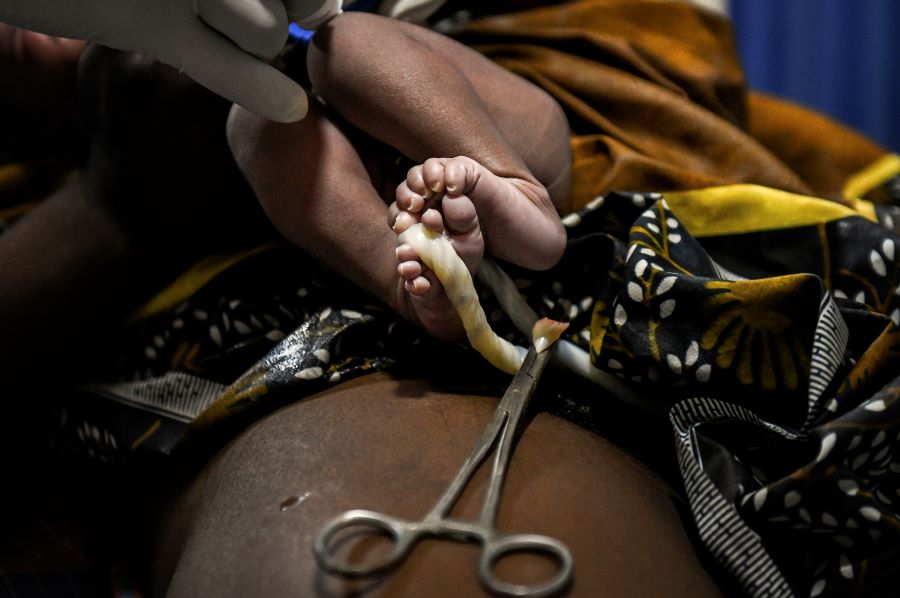
by Stella Mapenzauswa | 22 Sep 2021 | Africa, Educators' Catalog, Health and Wellness, Women's rights
In Africa as elsewhere, many schools have shut classes due to COVID-19. With more girls at home, teenage pregnancies have spiked in some nations. A new-born baby in Chiradzulu, southern Malawi, 26 May 2021 (AP Photo/Thoko Chikondi) In much of the world, COVID-19 has...
COVID-19 has dominated headlines for the last year and a half. But the public health impact stretches beyond the virus. School closures did not just interrupt learning; they removed an essential form of protection for vulnerable youth. News Decoder correspondent Stella Mapenzauswa reports on the alarming rise in teenage pregnancies across the African continent since March 2020.
Exercise: Ask your students to enumerate some of the unanticipated consequences of the pandemic in their community. How are schools or governments addressing those challenges now?










